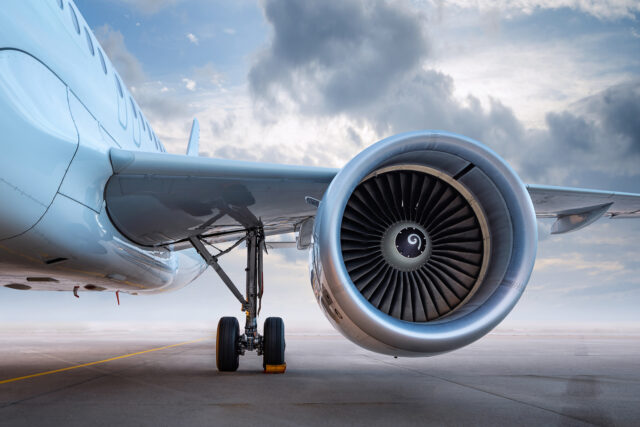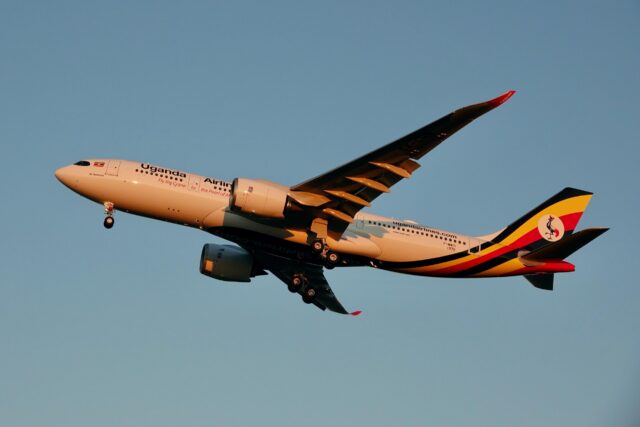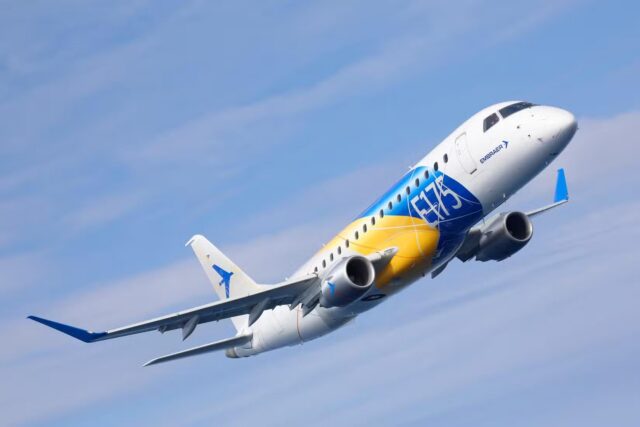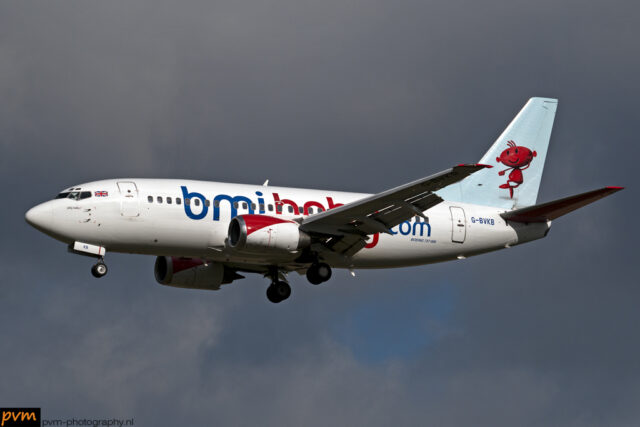China Airlines will buy $7.8bn of widebody aircraft from Boeing & Airbus, will sell 747Fs

November 28, 2025
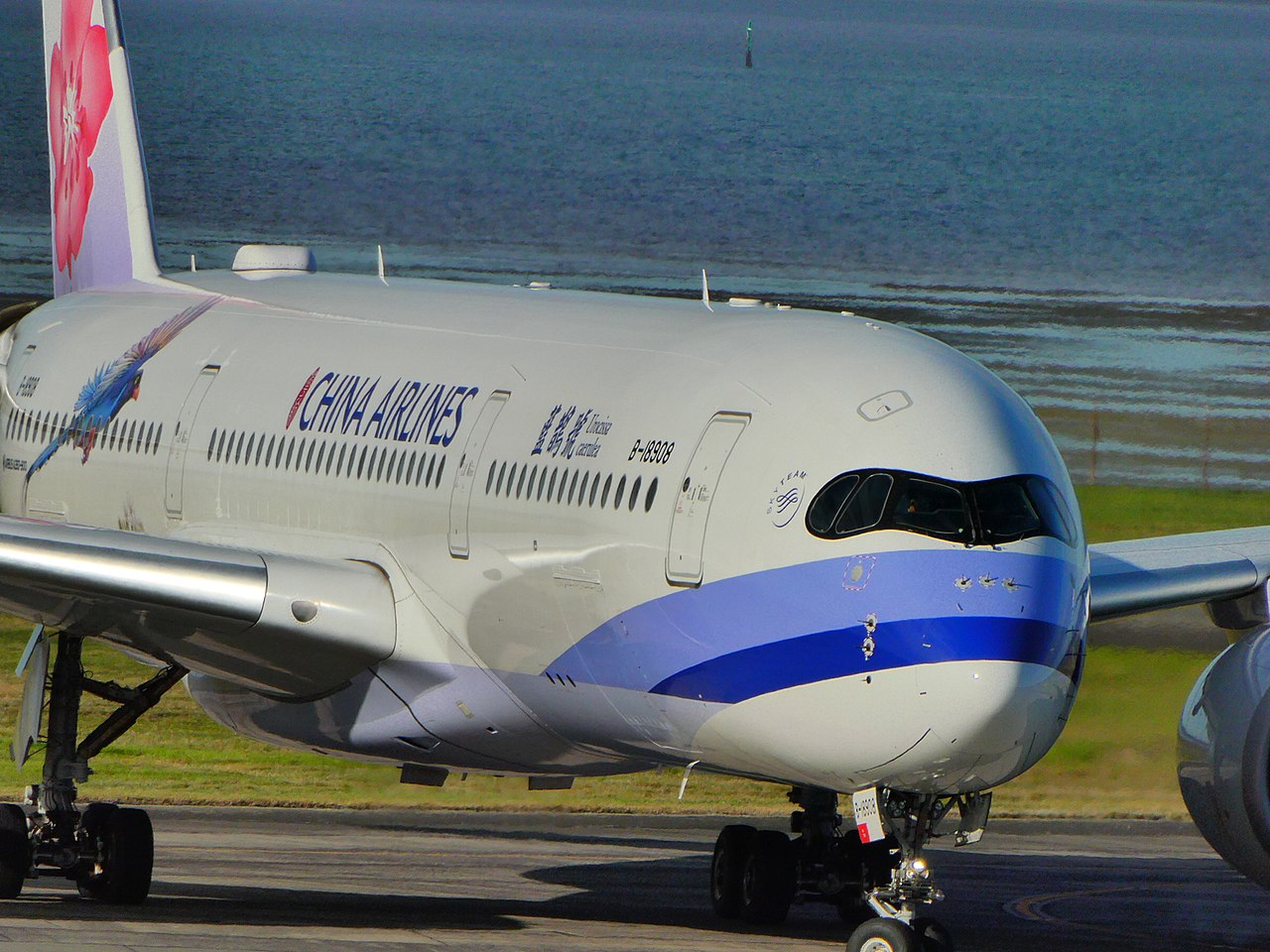
In a filing with the Taiwan Stock Exchange, Taiwanese carrier China Airlines said its board had approved a major fleet upgrade programme that will see 18 new widebodies added to the carrier’s fleet.
The new aircraft will be used to modernise the carrier’s existing fleet, replace its older freighter aircraft and facilitate the carrier’s planned growth for future years. China Airlines said the planned aircraft purchases remain subject to contract negotiations currently underway with Airbus and Boeing.
China Airlines to order new Airbus and Boeing planes
According to a report by AeroTime, China Airlines said that the carrier’s board had given the green light for the addition of five Airbus A350-1000s and five Boeing 777-9 passenger aircraft.
No specific timeline was given for these acquisitions, although with order backlogs burgeoning at both manufacturers, their entries into service are likely to be some years away.

The plan also includes the modernisation of the carrier’s dedicated cargo fleet, with the addition of two 777F freighters, plus four next-generation 777-8Fs.
Additionally, the filing confirmed four older Boeing 747-400F freighters will be disposed of, with Luxembourg cargo specialist airline Cargolux reported to be the recipient of at least two of the aircraft.
In the filing, China Airlines said the total value of the investment in the new aircraft will not exceed $7.852 billion.
Interested in air transport news? Click here for more.
New widebodies for network expansion
The longer, higher-capacity variant of the Airbus A350, the A350-1000, will join 15 smaller A350-900s already in the carrier’s fleet. Additionally, the order is thought to be supplemental to the ten A350-1000s ordered by the airline in December 2024.
The A350-1000s will allow the carrier to expand its long-haul network while also providing for crew commonality with the rest of its A350s.
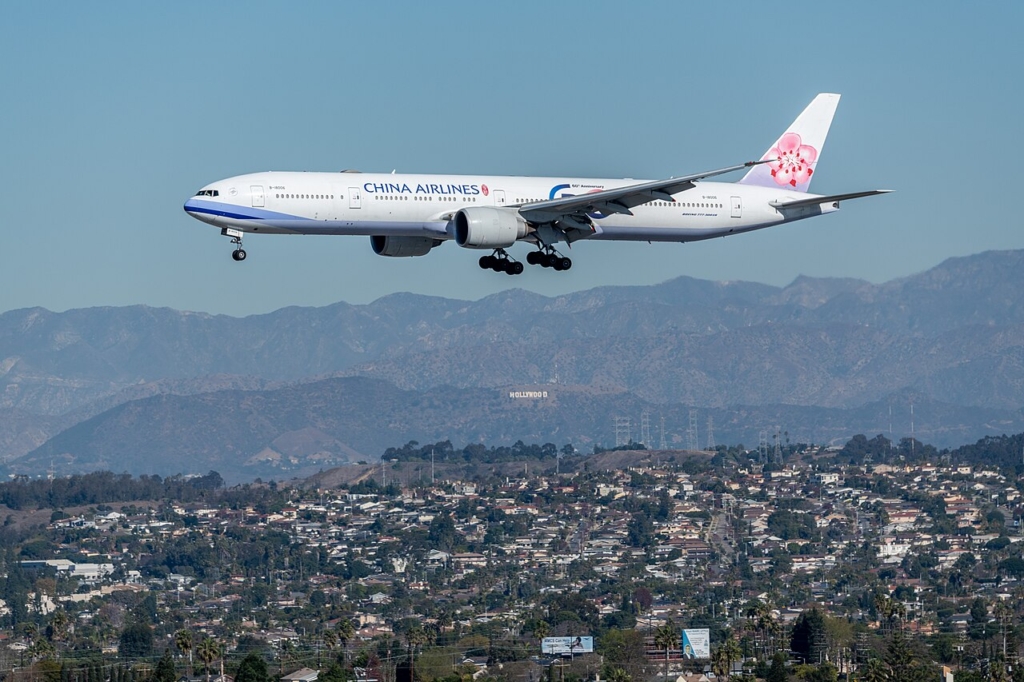
The incoming Boeing 777-9s will be used to expedite the retirement of its older Boeing 777-300ERs, of which the airline operates ten aircraft, and also allow for network expansion and frequency increases on major routes.
The 777-9s will be joined by 18 B787-9 and 6 B787-10 aircraft that were ordered by the company at the Paris Airshow in 2023.
China Airlines to sell its Boeing 747 freighter fleet
In terms of the new freighters, the carrier will continue to invest in the tried-and-tested Boeing 777Fs (of which the carrier already operates ten) and will supplement these in the future with the yet-to-be-certified 777-8F.
The move away from the company’s current reliance on the Boeing 747-400F is pursuant to the carrier’s drive towards operating a more modern and fuel-efficient freighter fleet.
The carrier has been heavily reliant on the Boeing 747-400F for years, with the airline having operated 21 different aircraft of this type in that period. However, the current fleet is now down to just eight active units with an average age of 20.3 years, according to ch-aviation.
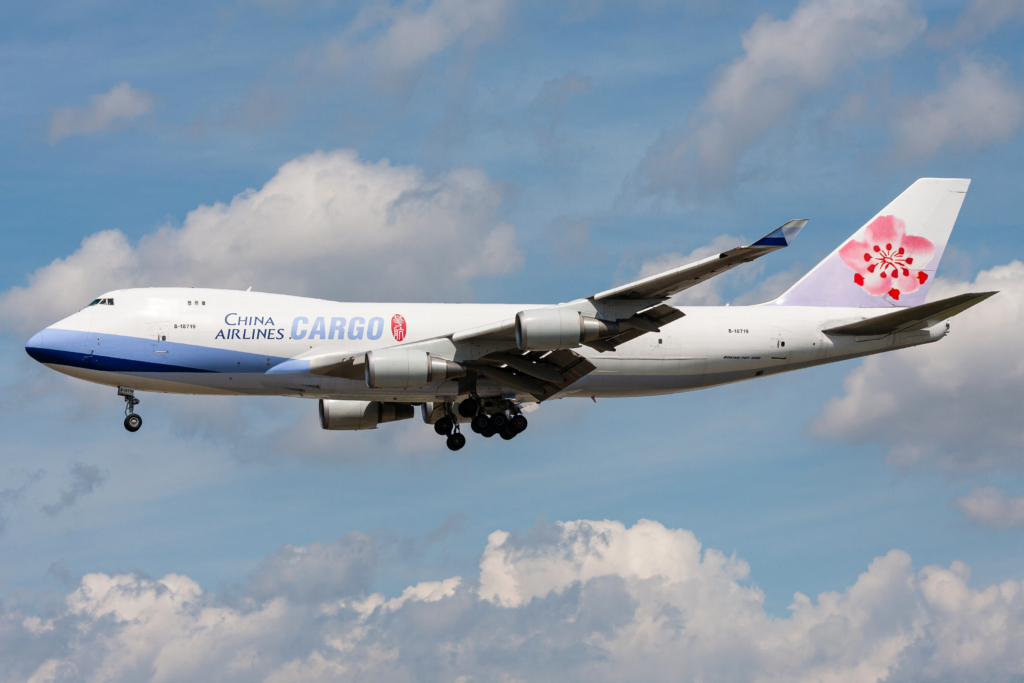
As reported by Air Cargo News, the filing with the Taiwan Stock Exchange indicated that two of the four 747-400s being retired are to be sold to Cargolux, with the deal valued at around $260 million.
China Airlines did not disclose where the two other aircraft to be disposed of were heading, although it did state that a deal was “still under commercial negotiation” and that the transaction terms were yet to be finalised.
The momentum in selling more of its 747-400Fs and investing in newer twin-engined freighters is becoming an industry trend, particularly among Asian carriers, where cargo operations contribute a significant proportion of annual revenues.
Equally, the carriers that are still flying ageing 747-400Fs are seeing operating and maintenance costs rising and are increasingly keen to replace them with newer aircraft.
The drive towards the next generation of twin-engined freighters
Both the 777-9F and the A350F have garnered interest among Asian carriers in recent years, with orders building for both types from airlines based in the region.
Singapore Airlines, Starlux, Cathay Pacific, and Air China Cargo are all A350F customers, the first of which is now on the final assembly line at the Airbus site in Toulouse, France.
The #A350F is taking shape! ✈️
— Airbus (@Airbus) October 1, 2025
Now that the wings, front, centre and rear fuselage sections have arrived at our #A350 Final Assembly Line in Toulouse – assembly of our #NewGenFreighter is officially underway!
Learn more here ➡️ https://t.co/dnH55xSVCr pic.twitter.com/LKzpQ8AKEF
Meanwhile, the 777X freighter, part of the 777X certification programme, has proved particularly attractive to those carriers looking to replace or update their existing Boeing 777F fleets.
The scale of this latest investment in new aircraft by China Airlines is a true indicator of where the airline sees its future heading. With numerous new twin-aisle aircraft set to join its fleet in the coming years, alongside eight A321neos, the company is clearly on a growth trajectory, both on the passenger and cargo side of its operations.
The filing with the Taiwan Stock Exchange represents the airline’s biggest commitment for new aircraft in many years. It also indicates that China Airlines, as well as the wider market in the Asia-Pacific Region, sees little sign of a downturn as passenger and cargo numbers continue to soar and are equipping their future fleets to meet that rising demand.
Featured image: Sam Reeves Photography / Wikimedia Commons
